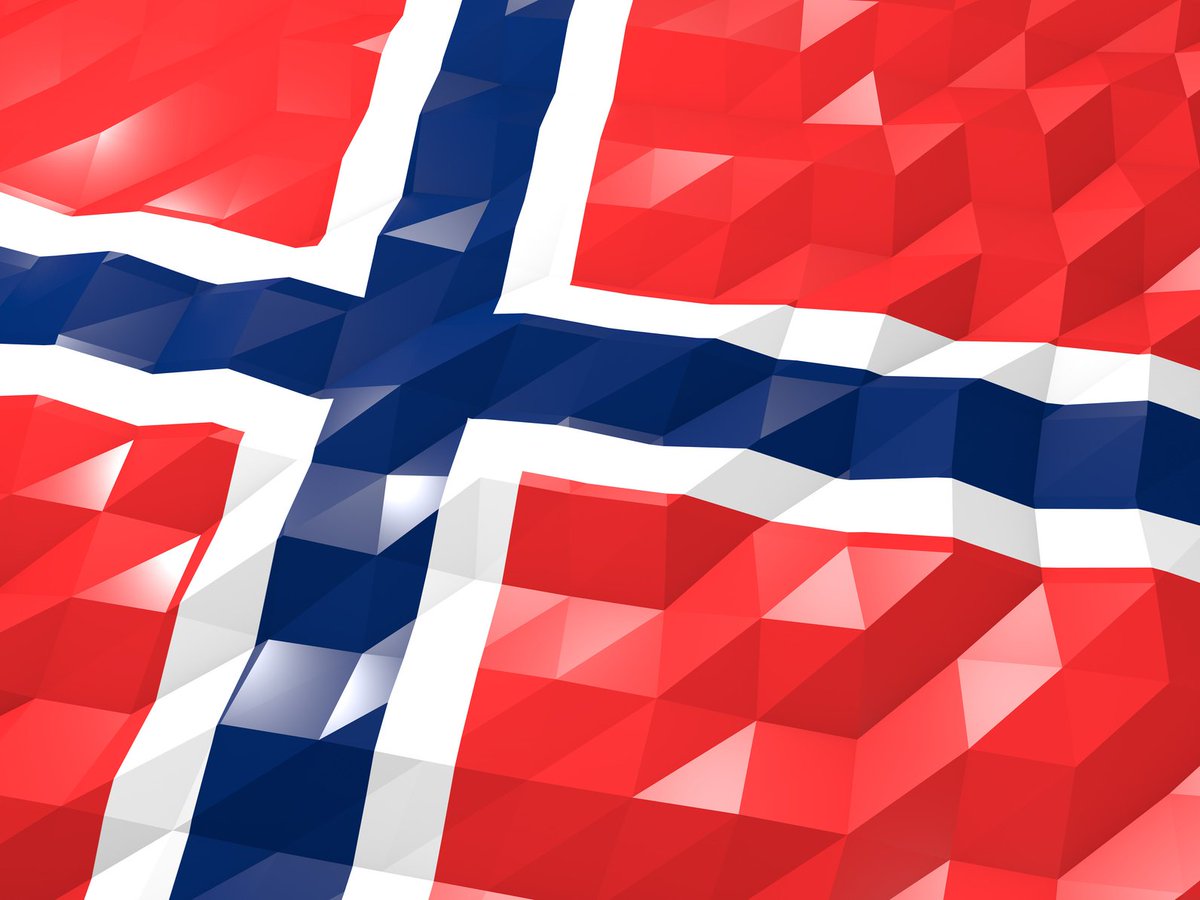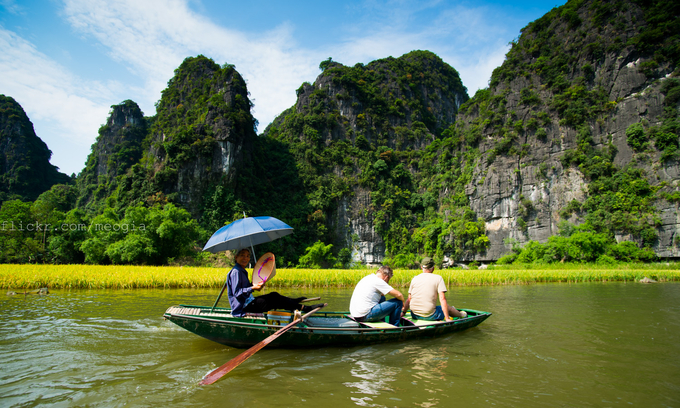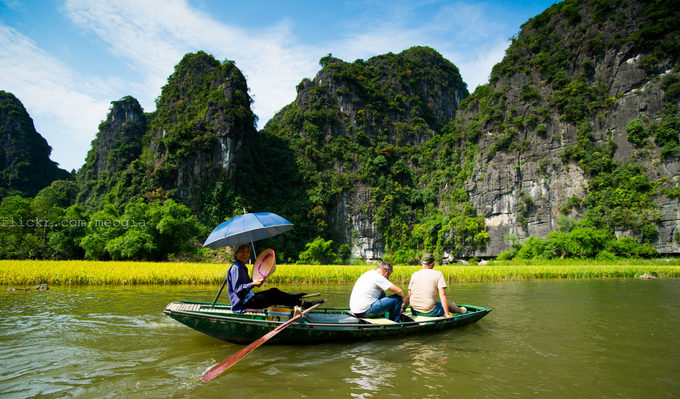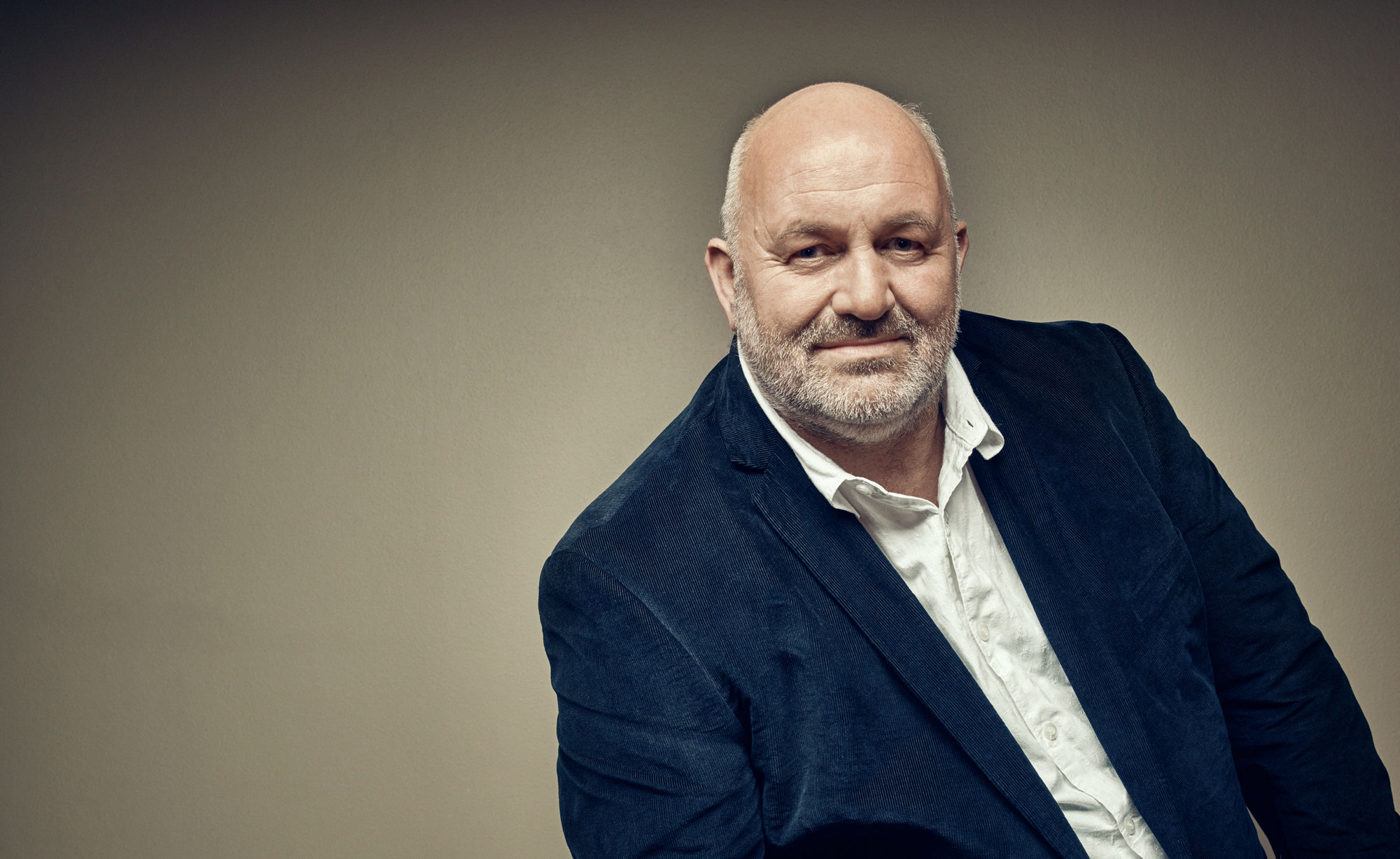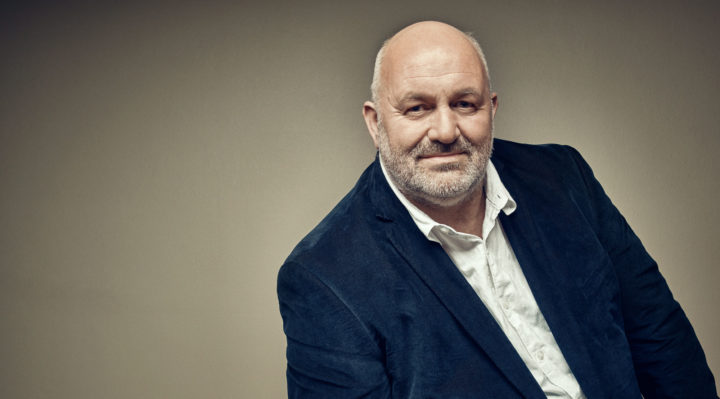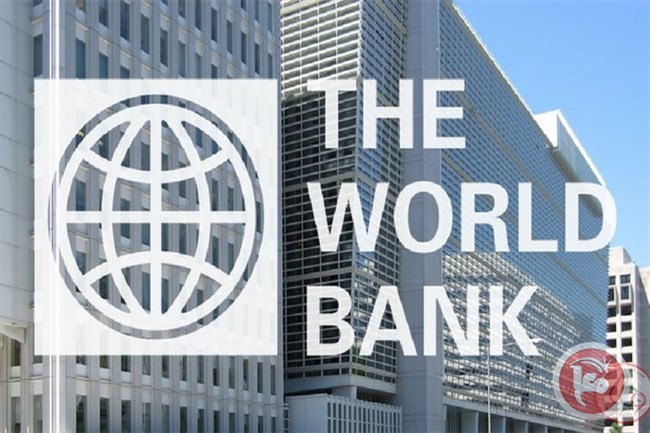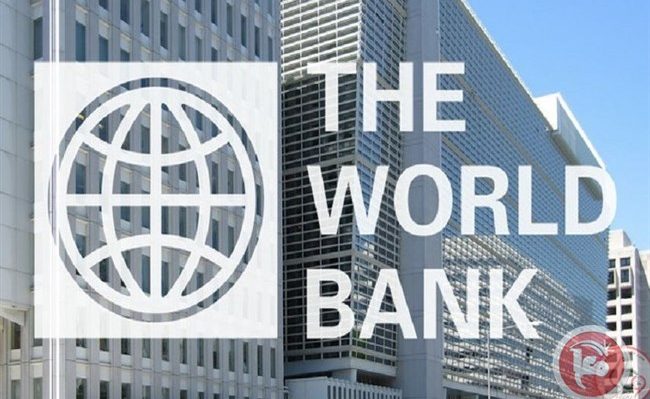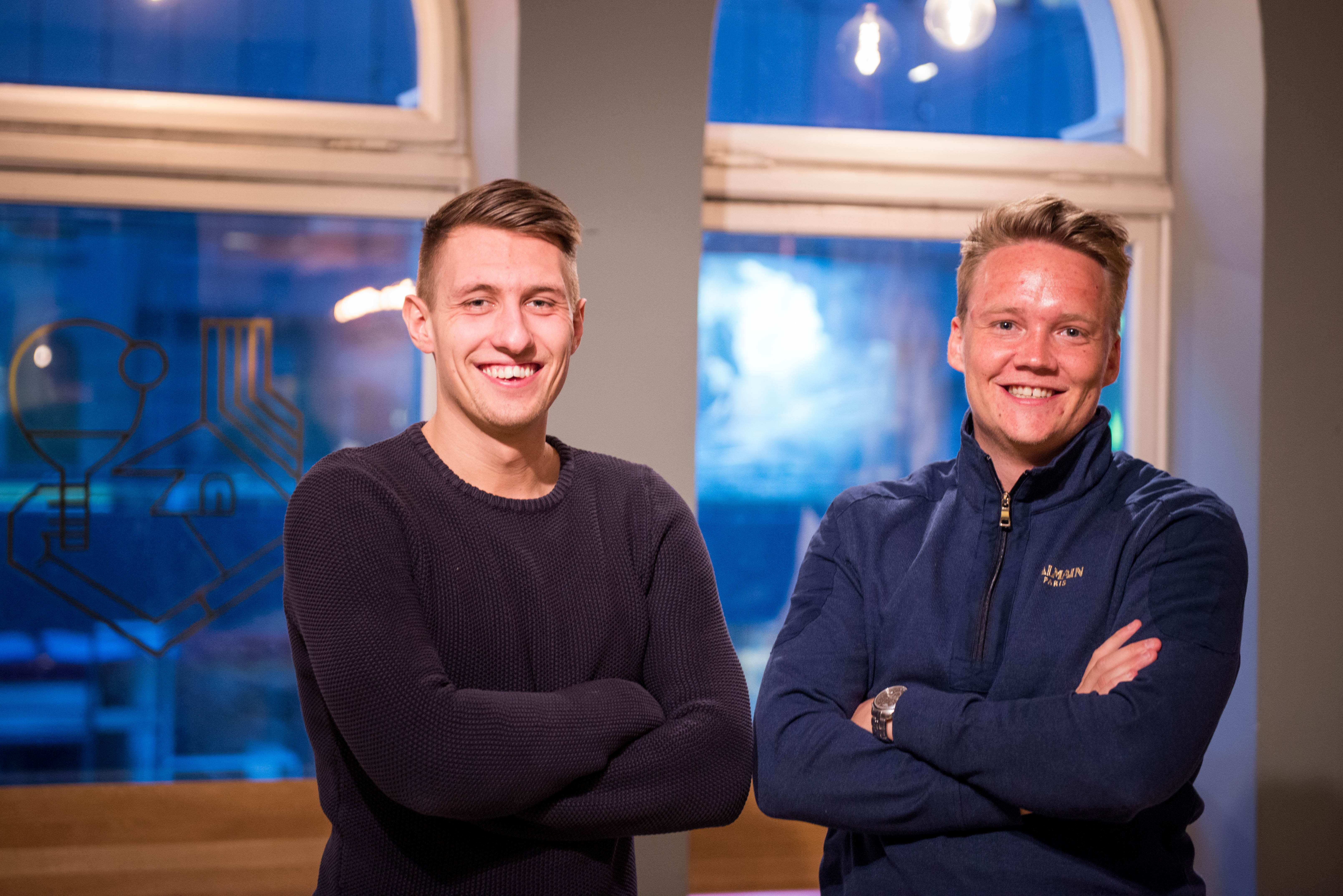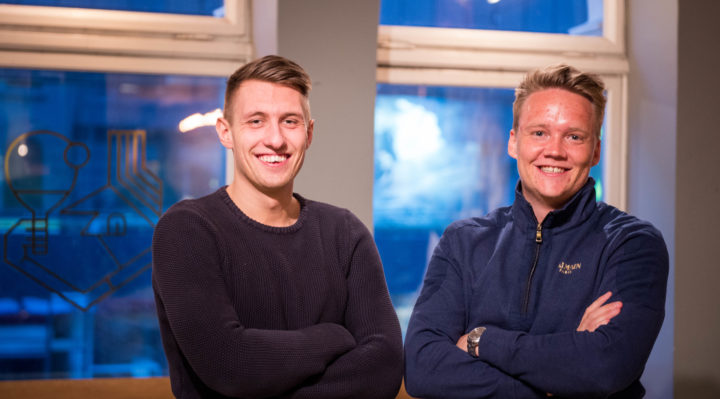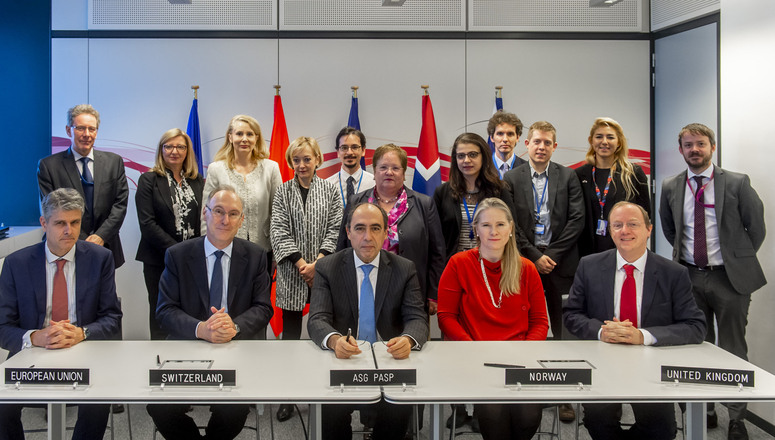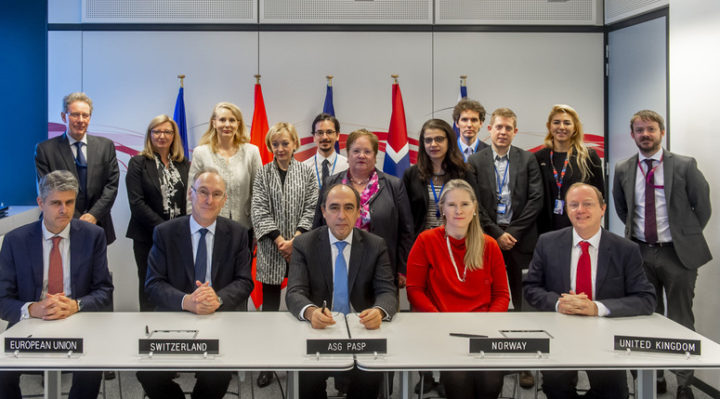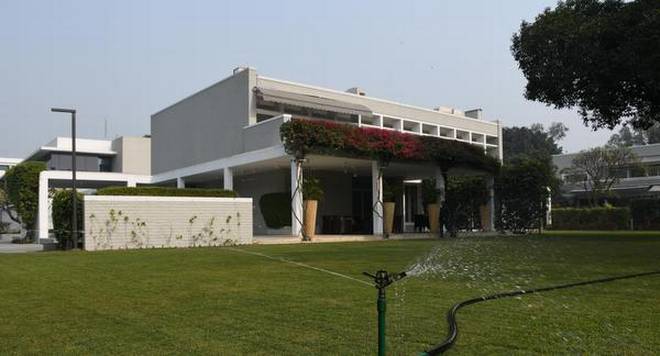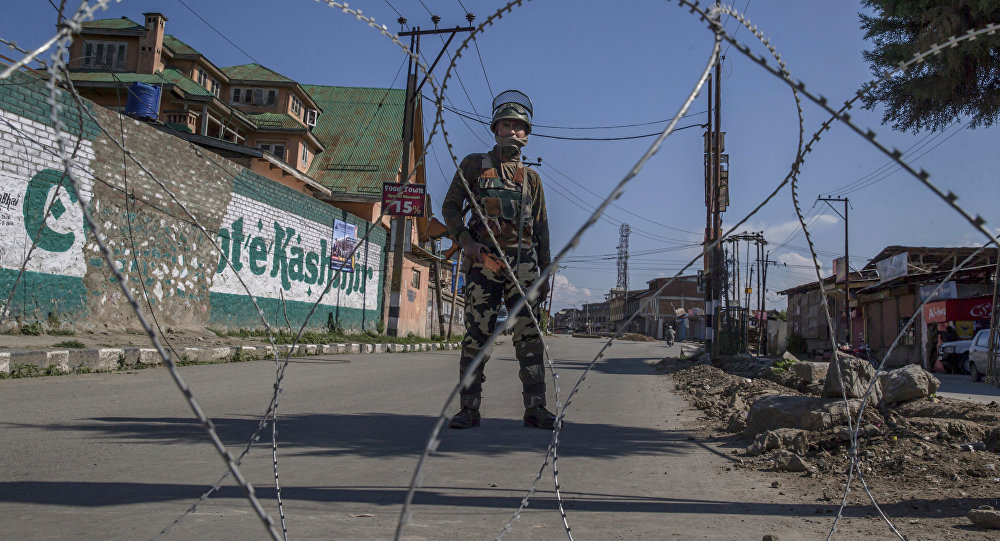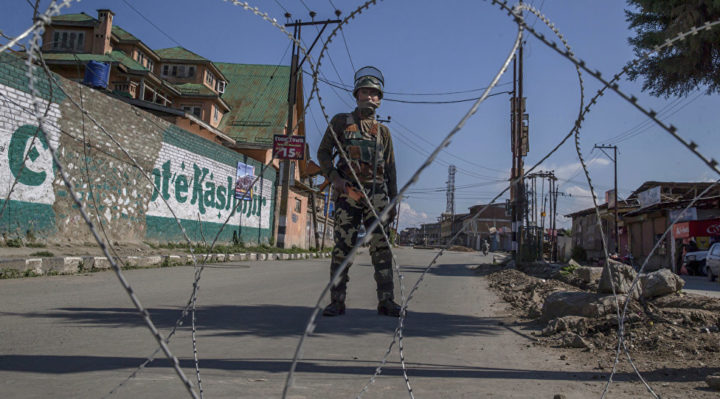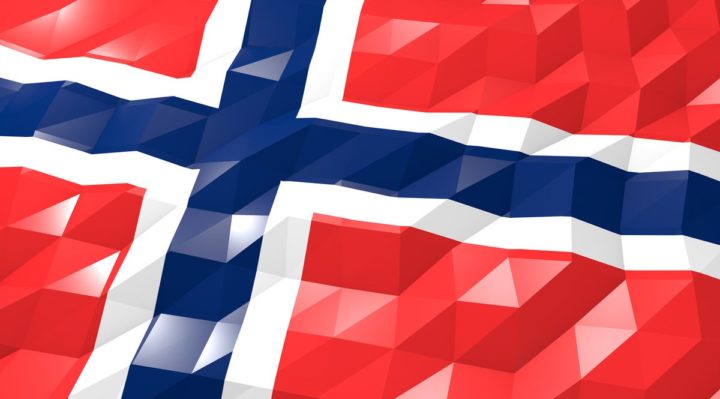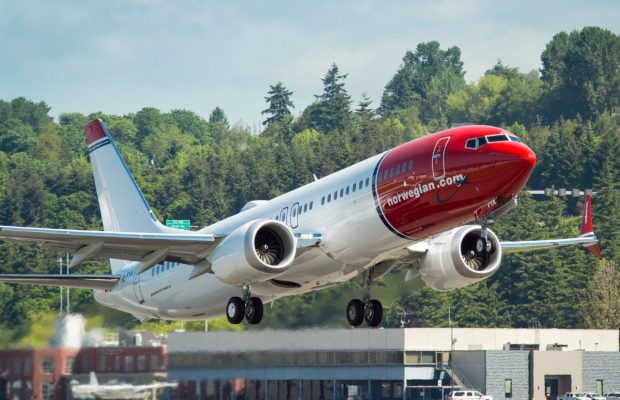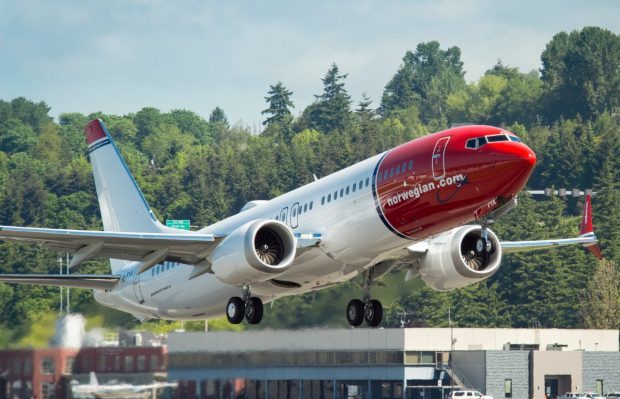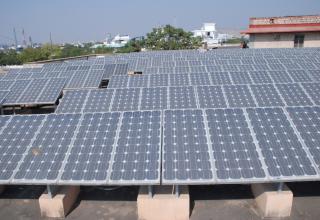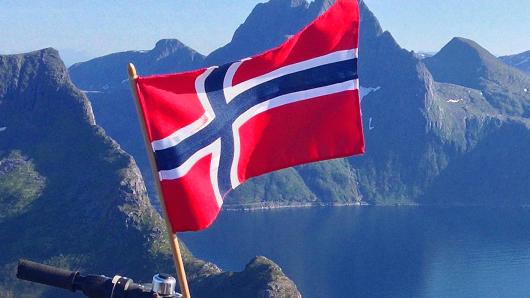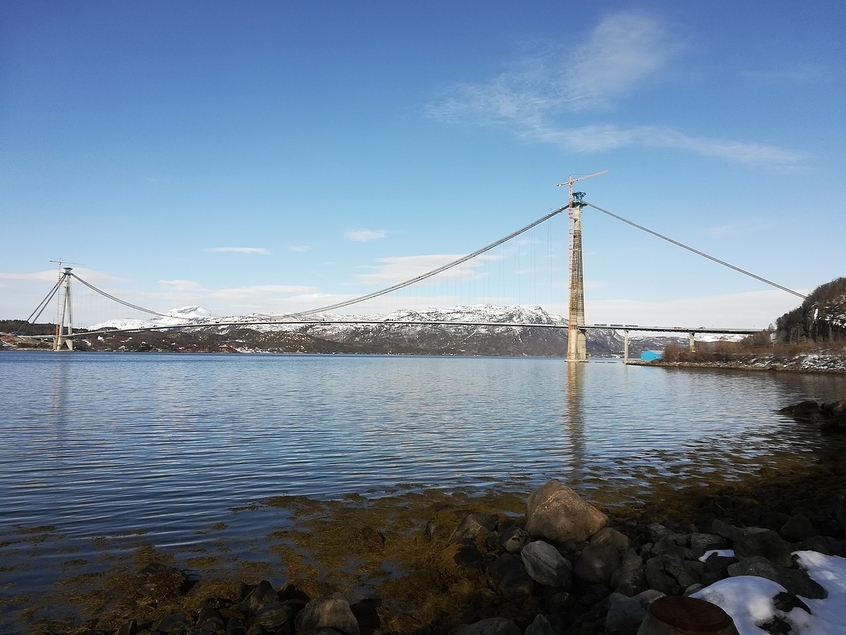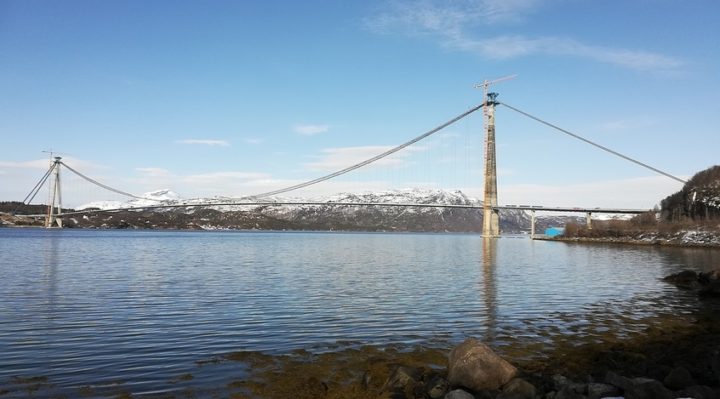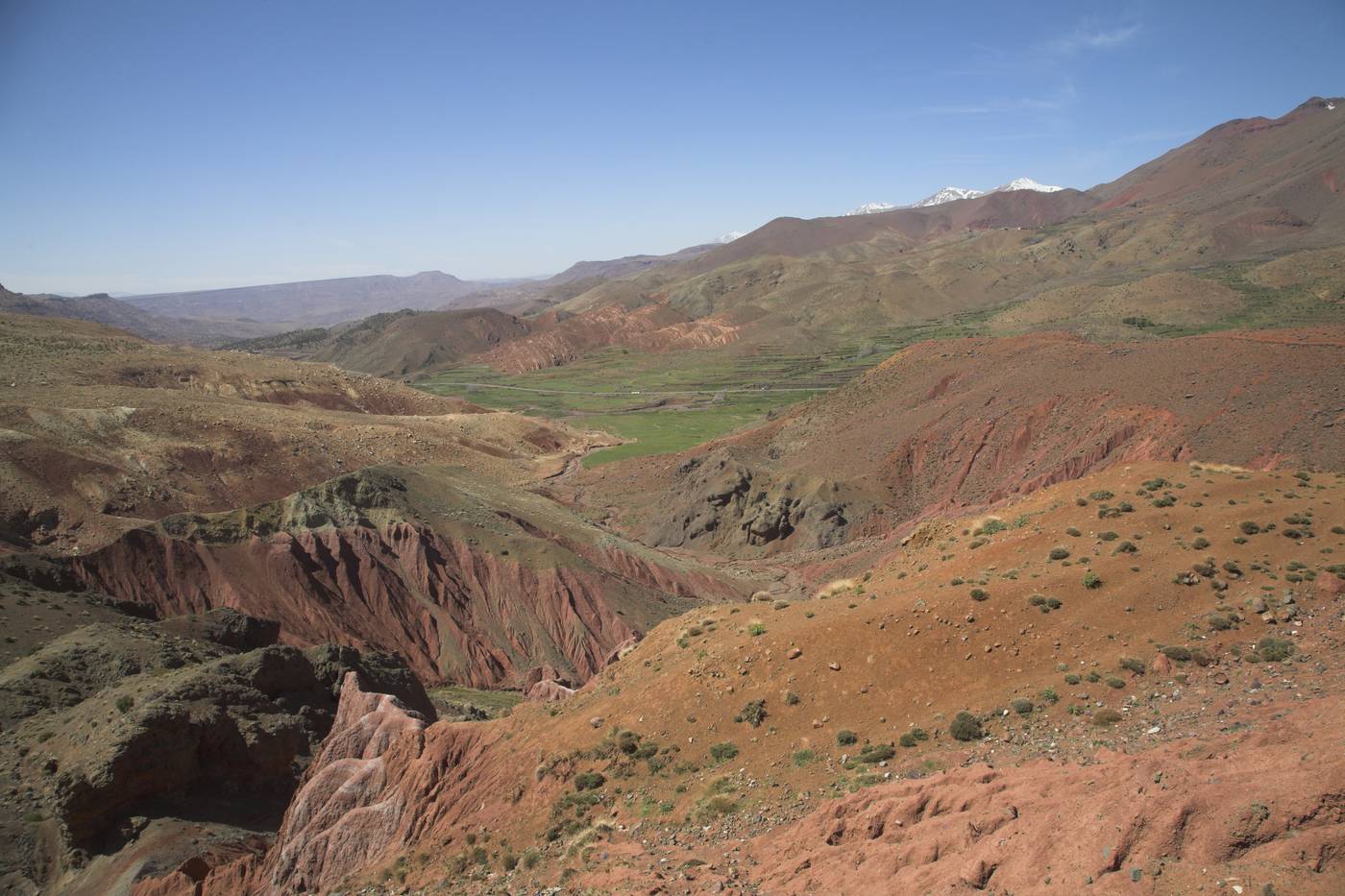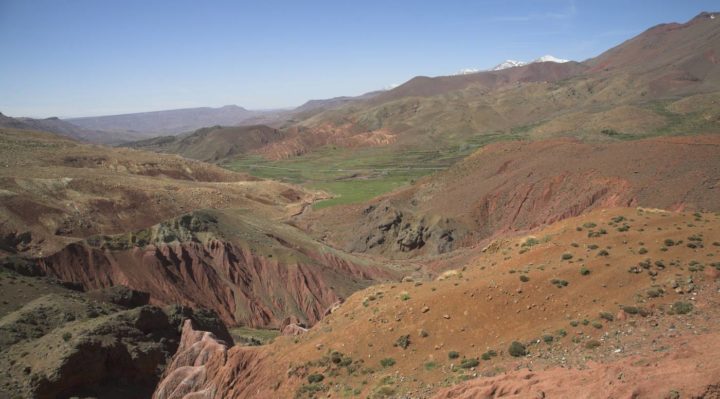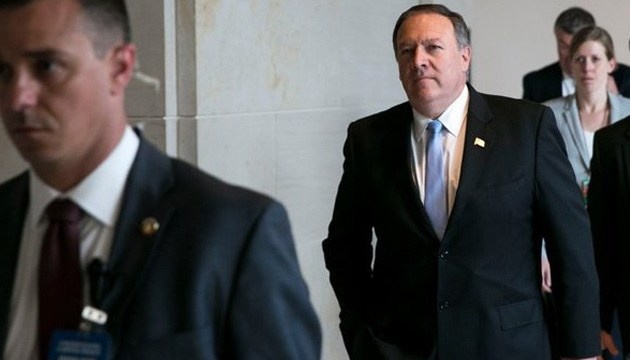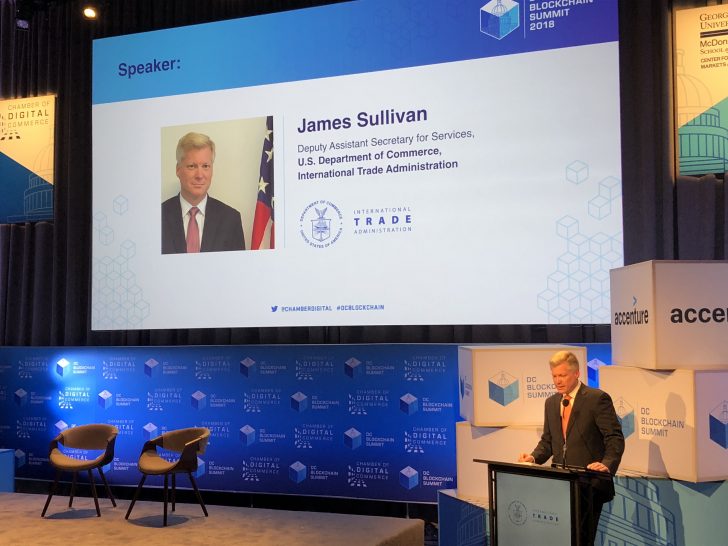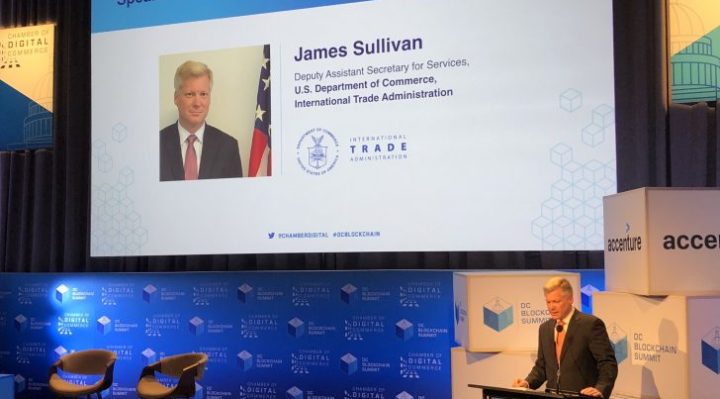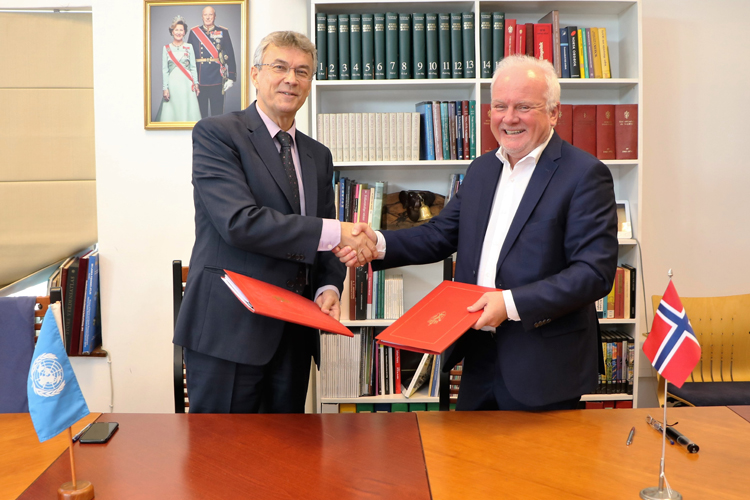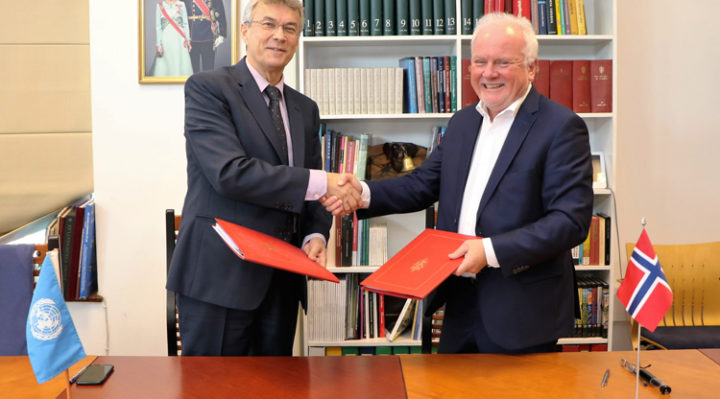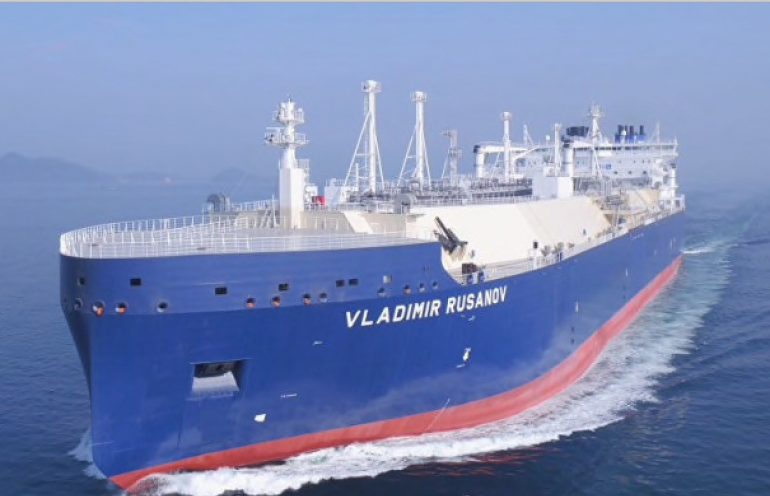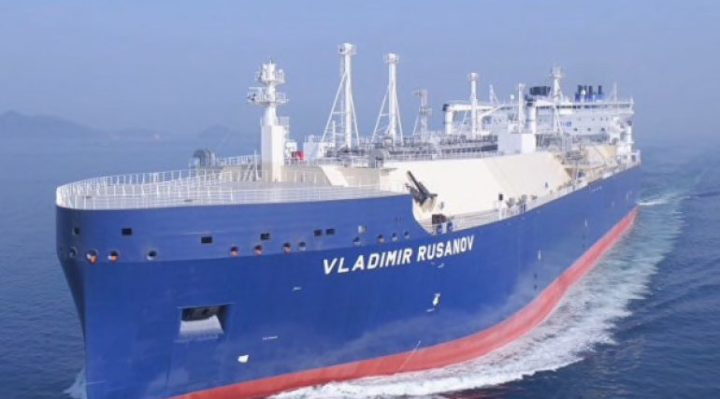The UN Committee on the Elimination of Racial Discrimination (CERD) has published its findings on the countries it examined during its latest session from 26 November to 14 December: Albania, Honduras, Iraq, Norway, Qatar, and the Republic of Korea.
The findings contain positive aspects of how the respective State is implementing the International Convention on the Elimination of All Forms of Racial Discrimination, highlight main matters of concern and make recommendations.
The concluding observations are now available on-line on the session Web page.
The Committee on the Elimination of Racial Discrimination will next meet from 23 April to 10 May 2019 to review the following countries: Andorra, Guatemala, Israel, Lithuania, and Zambia.
For media inquiries, please contact Julia Grønnevet at +41 (0) 22 917 9310 jgronnevet@ohchr.org.
Background
The Committee on the Elimination of All Forms of Racial Discrimination monitors States parties’ adherence to the Convention on the Elimination of All Forms of Racial Discrimination. The Committee is made up of 18 members who are independent human rights experts drawn from around the world, who serve in their personal capacity and not as representatives of States parties. The Committee’s concluding observations are an independent assessment of States’ compliance with their human rights obligations under the treaty.
Learn more with our videos on the Treaty Body system and on the Committee on the Elimination of Racial Discrimination!
Follow the UN human rights office on social media! We are on Twitter @UNHumanRights, Facebook @unitednationshumanrights and Instagram @unitednationshumanrights

